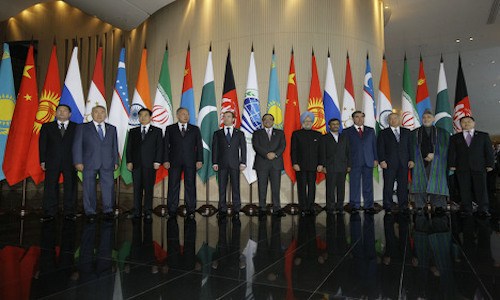The India-China Clash and the Expanded SCO
By Stephen Blank
October 16, 2017, the CACI Analyst
The recent Indo-Chinese crisis over the Doklam area has been peacefully resolved for now, yet its repercussions risk spilling over to both South and Central Asia and beyond. The Doklam clash has demonstrated to China that it can no longer push India around, and India immediately registered that lesson in self-confidence by stating that it will play a larger role in Southeast Asia, another area where they both jostle for influence. Similarly, we can expect an expanded rivalry in Central Asia, not least within the framework of the Shanghai Cooperation Organization (SCO) now that India and Pakistan are both members.
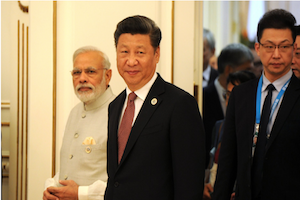
Afghanistan's Mineral Deposits Again Attract International Interest, Unrest and Smuggling
By John C. K. Daly
September 27, 2017, the CACI Analyst
On August 22, after nearly 16 years of war in Afghanistan, U.S. President Donald Trump announced his intention to increase the U.S. military presence there, extending the longest war in U.S. history and adding billions more dollars to its cost, now estimated to over US$ 1 trillion since 2001. In searching for revenue streams to support this outlay an idea that has been around for more than a decade is being revived: exploiting Afghanistan’s rich, underused mineral wealth. Despite the extent of the country’s mineral deposits being well known, many impediments remain to their development despite international interest.
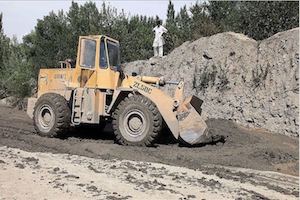
Why Isolating Pakistan Will Not Solve Kabul's Problems
By Rizwan Zeb
August 7, 2017, the CACI Analyst
Afghanistan has been a factor in the rivalry between India and Pakistan since 1947. Prime Minister Narendra Modi has embarked upon a campaign to isolate Pakistan from developments in Afghanistan. The Sixth Heart of Asia summit, held in Amritsar, India in December 2016, was overshadowed by this increasing enmity. Afghanistan’s President Ashraf Ghani sided with Modi, accusing Islamabad of all ills in Afghanistan. New Delhi’s and Kabul’s approach at Amritsar must be avoided in the future. Kabul needs to put its house in order and should not become a party to Indo-Pakistan rivalry. New Delhi and Islamabad also need to understand that expanding this rivalry into Afghanistan will not serve their interests.
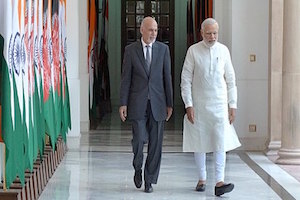
Has the SCO Solved its Expansion Dilemmas?
By Richard Weitz
August 3, 2017, the CACI Analyst
The June Shanghai Cooperation Organization (SCO) summit in Astana marked the SCO’s first membership expansion since its creation in 2001. By finally ending this logjam, the SCO has raised expectations of continued enlargement and increased geopolitical weight. However, major obstacles to further growth persist; meanwhile, more members deepen the mutual tensions and rivalries within the institution.
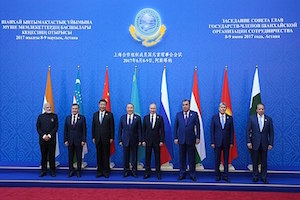
India’s and Pakistan’s Memberships Diminishes SCO’s Ability to Compete with NATO
By Naveed Ahmad
July 18, 2017, the CACI Analyst
The Shanghai Cooperation Organization (SCO) summit admitted India and Pakistan as full members on June 9; and now represents 40 percent of the human population and 20 percent of the global GDP. Russia and China have traditionally used the forum to promote a collective approach to countering NATO policies and advances. Though originally instituted to address separatism, terrorism and drug trafficking, the admission of India and Pakistan may drastically change the character of the grouping. China and Pakistan differ with India on key issues that the SCO aims to achieve. The trio has bitter geographical disputes while differing over the definition of terrorism. Against this backdrop, what kind of challenge can the SCO pose to NATO?
